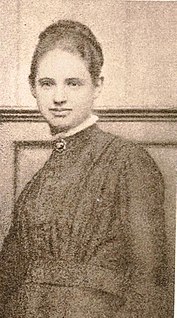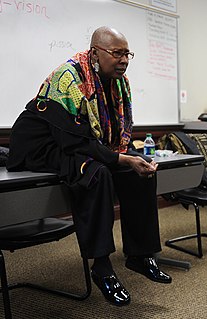A Quote by Mary Elizabeth Coleridge
How often one talks not to hear what the other person has got to say, but to hear what one has got to say oneself!
Related Quotes
The script is like music to me. I approach it like it's a musical piece and I hear how it's supposed to sound when people say the words. There's rhythms and there's intonations and things, and so, when somebody comes in and hits the notes that I hear, I go okay. Or, they come close enough, and then I'll say "Well how about you try it like this?" and if they have a good ear and they can pick it up, then I think okay, they've got it.
Silence is something more than just a pause; it is that enchanted place where space is cleared and time is stayed and the horizon itself expands. In silence, we often say, we can hear ourselves think; but what is truer to say is that in silence we can hear ourselves not think....In silence, we might better say, we can hear someone else think.
When you set out to carry on a tradition as deep rooted as folk music is, you've got to have your story together. You've got to study and have a foundation. Jeffrey Foucault has that foundation, and you can hear it in his voice, and feel it in his music. He's got an understanding that you don't hear that often.
When I started out as an actor, I thought, Here's what I have to say; how shall I say it? I began to understand that what I do in the scene is not as important as what happens between me and the other person. And listening is what lets it happen. It's almost always the other person who causes you to say what you say next. You don't have to figure out how you'll say it. You have to listen so simply, so innocently, that the other person brings about a change in you that makes you say it and informs the way you say it.
I like to play around with people who don't know me. Often I'm talking to people through my speaker phone, and after 10 minutes or so they say, 'Wait a minute, Marlee, how can you hear me?' They forget I have an interpreter there who is signing to me as they talk. So I say, 'You know what? I can hear on Wednesdays.'
There's a part of me which has always wanted to hear a man say, "Let me take care of you forever," and I have never heard it spoken before. Over the last few years, I'd given up looking for that person, learned how to say this heartening sentence to myself, especially in times of fear. But to hear it from someone else now, from someone who is speaking sincerely.
There's a fundamental difference between how often men remember to say 'I love you' and how often women want to hear 'I love you.' For the most part, it's on the guy. He's not withholding it intentionally. It's just that we kind of miss the point sometimes, that even in the most nonchalant way, telling the person how you feel is important.






































